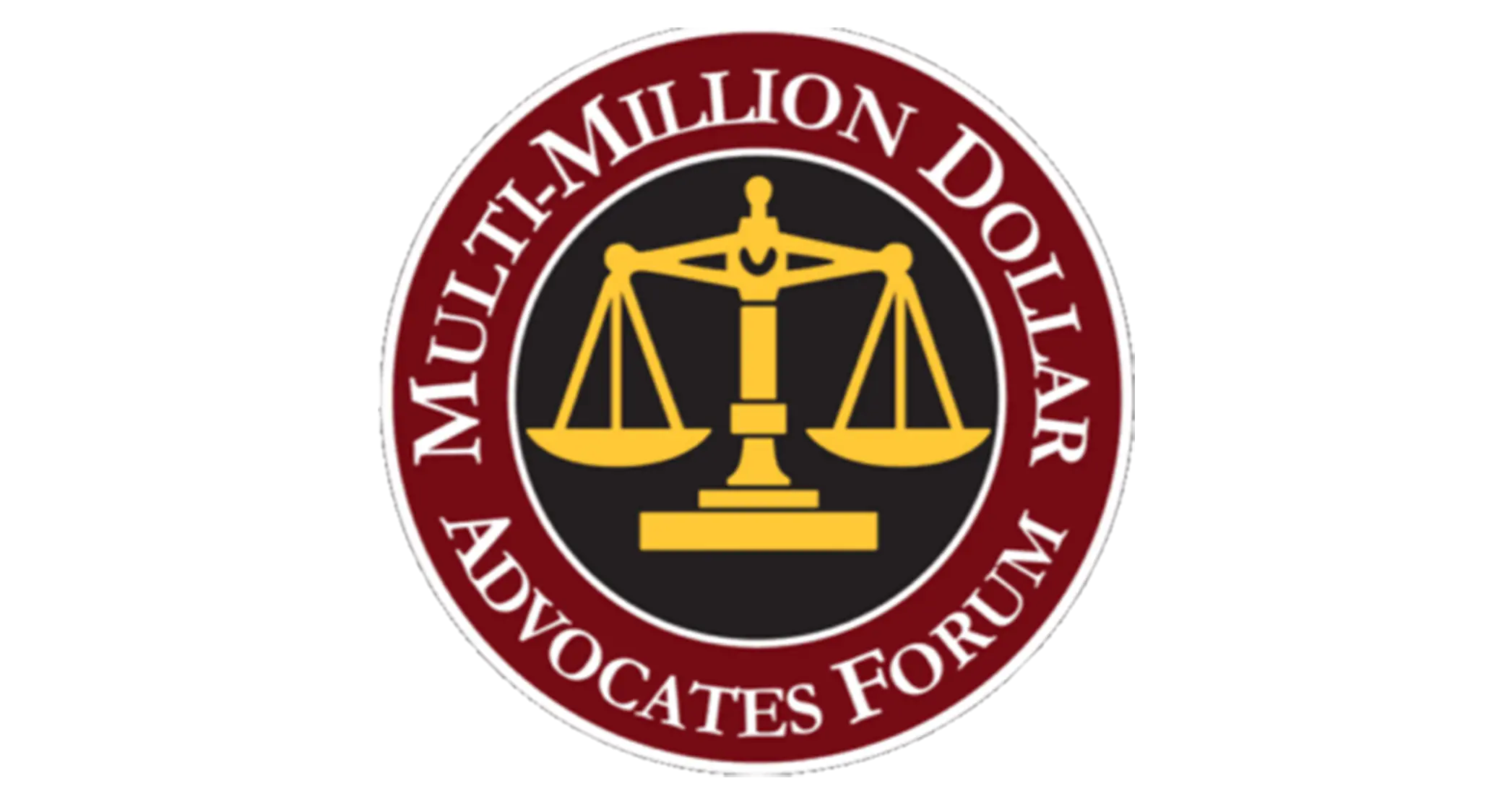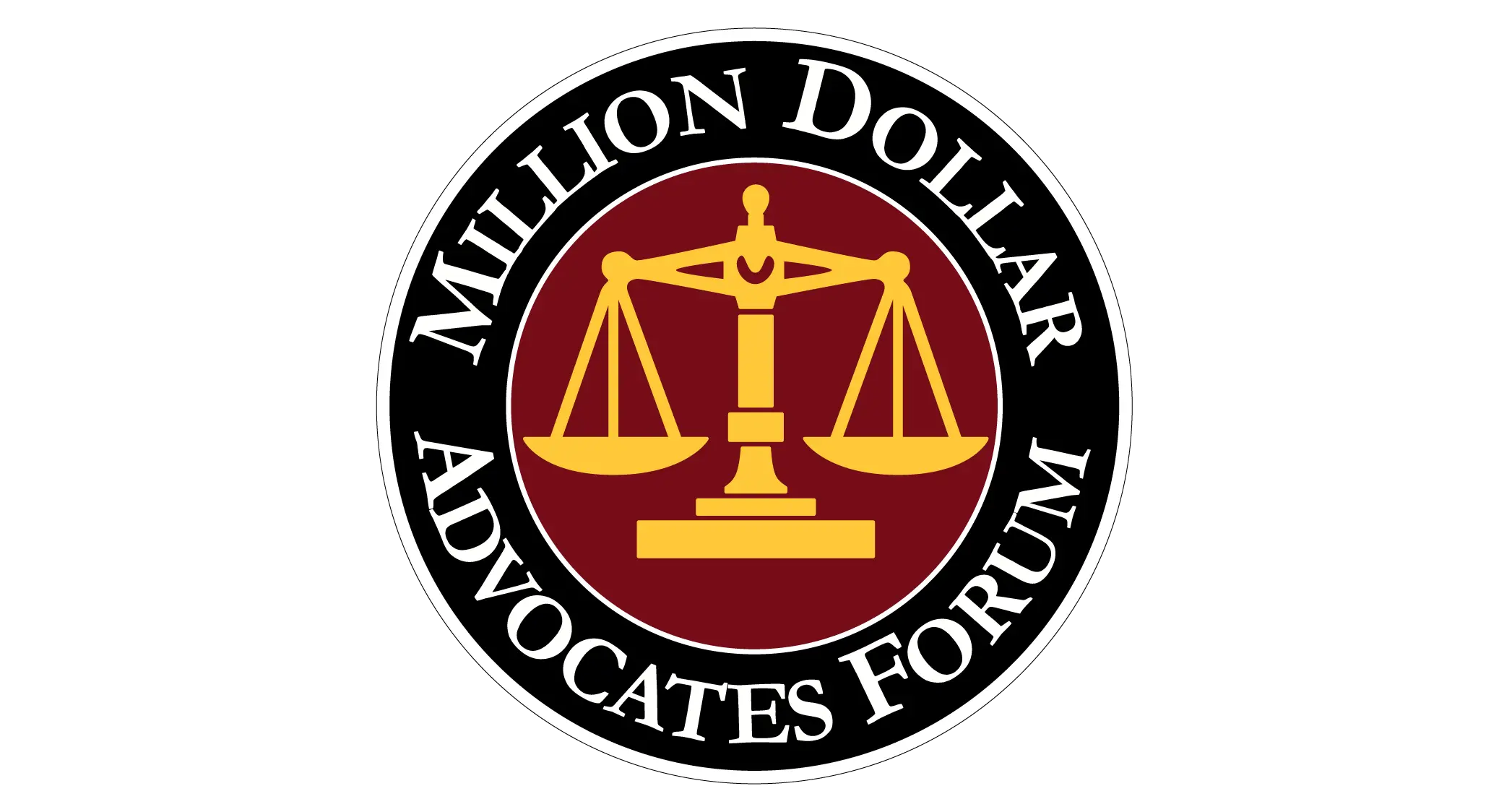When we think of post-traumatic stress disorder (PTSD), most of us think of military personnel or others who have been in war zones. But many other catastrophic events can result in symptoms of PTSD for those involved. Automobile accidents, boating accidents, airplane crashes, train derailments, acts of violence, and even severe bullying can cause PTSD. In fact, current literature estimates that 8% of the general U.S. population meets the criteria for PTSD. Any overwhelming life experience can trigger PTSD, especially if the event feels unpredictable and uncontrollable. If you were in an accident that has resulted in symptoms of PTSD, The Louthian Law Firm and their team of PTSD Lawyers can help.
Motor Vehicle Accidents and PTSD
Since the Vietnam War, motor vehicle accidents have become the leading cause of post-traumatic stress disorder in the United States, according to the journal American Family Physician. They estimate that 9 percent of survivors of serious accidents develop significant symptoms of PTSD.
What accidents are most likely to cause PTSD?
Not everyone involved in a car accident will develop PTSD. It is most likely to be a problem for survivors of accidents which involved one or more of the following:
- Severity, such as when hit by a semi-truck or a vehicle going at high speed
- Fatalities, even if not in the occupant’s own vehicle
- Catastrophic injuries, such as organ damage, broken bones, amputation or blood loss.
People who perceived a significant threat to their life, regardless of how badly they were actually injured, are at a greater risk for PTSD. The extent to which the traumatic event was unexpected, uncontrollable, and inescapable plays a role in the likelihood that PTSD will develop after a traumatic experience. Motor vehicle accidents certainly meet these criteria.
How common is PTSD after a motor vehicle accident?
In any given year, approximately 1% of the U.S. population will be injured in motor vehicle accidents (MVAs). MVAs account for over 3 million injuries annually; they are one of the most common traumas individuals experience. Research shows that about 9% of people involved in MVAs wind up with PTSD. According to the U.S. Department of Veterans Affairs, accidents are the traumatic event most likely to be experienced by males (25%) and the second most likely traumatic event for (13%) in the United States.
After an accident, who is likely to have PTSD?
Post-traumatic stress disorder (PTSD) can affect not only the people who were in the vehicles which collided. It can also happen to those who were witnesses to the accident. People responding to the accident – whether they were driving nearby and stopped to render aid or were EMTs or law enforcement officers – can have lasting and disturbing memories of the scene. Family members who must care for victims of serious accidents can also suffer from PTSD.
What are the symptoms of PTSD?
While everyone experiences PTSD differently, there are three main types of symptoms:
- Re-experiencing the traumatic event. An accident victim may have upsetting memories of the event which pop up without warning. Flashbacks are common, as are nightmares in which the person relives the event. These reminders may cause physical reactions such as a pounding heart, rapid breathing, nausea, sweating and tenseness.
- Avoidance. Accident victims may want to avoid anything that reminds them of the traumatic event. This could include refusing to drive or ride in a car or avoiding certain roads or locations. The mind may refuse to remember the accident. Someone with PTSD may feel numb and detached and lack an interest in activities they previously enjoyed. They may shut themselves off emotionally from friends and loved ones.
- Increased anxiety and emotional volatility. PTSD victims are often irritable and have problems controlling their temper. They have difficulty concentrating or relaxing enough to go to sleep. They may be hypervigilant or constantly on alert.
How soon after an accident does PTSD appear?
PTSD develops differently from person to person. While the symptoms of PTSD most commonly develop in the hours or days following the crash, it can sometimes take weeks, months, or even years before they appear. Many times the accident victim is not troubled until he or she attempts to resume normal daily activities, like driving. The symptoms can even come and go, sometimes arising when least expected. They can be triggered by a loud noise, the sight of an accident on the road, a truck that whizzes by, or even the smell of gasoline or blood. The fact that PTSD may not be immediately apparent is one reason you should not accept a quick settlement from an insurance company after an accident.
Won’t the accident victim get over it eventually?
It is very important that screening for PTSD be done soon after the accident so that appropriate treatment can begin early on. Studies have shown that people who develop PTSD but do not seek psychological treatment are likely to have symptoms that continue for more than six months or a year. Dr. Edward Blanchard and Dr. Edward Hickling wrote a book called After the Crash: Psychological Assessment and Treatment of Survivors of Motor Vehicle Accidents, published by the American Psychological Association. The authors warn that if PTSD is not diagnosed or if it is misdiagnosed, the trauma victim could suffer from lifelong PTSD. Their research showed that nearly 40 percent of the people who did not receive mental health treatment for PTSD resulting from a motor vehicle accident or other cause within six years after the trauma continued to suffer from PTSD as long as 10 years after the initial trauma.
Who is qualified to treat PTSD?
It is likely that the primary care physician treating the accident victim’s physical injuries will also inquire into the patient’s emotional health. He or she may prescribe antidepressants or anti-anxiety medications to help with the symptoms. However, it is wise to also seek help from a mental health professional who specializes in the treatment of trauma and PTSD.
What is the treatment for PTSD?
A number of different approaches have proven to be effective for PTSD in accident victims, including behavior therapy, cognitive therapy, and medications. PTSD has been shown to actually shrink the hippocampus in the brain, so a PET scan may be ordered to provide objective proof of the damage. The damage is organic, akin to a traumatic brain injury (TBI). It is especially important for the psychologist to conduct neuropsychological testing if a personal injury lawsuit is contemplated which seeks damages for the emotional/physical harm of PTSD.
Contact Our Experienced PTSD Attorneys Today
An experienced PTSD lawyer at The Louthian Firm Accident & Injury Lawyers can seek reparations in court from the persons responsible for the motor vehicle accident. A personal injury lawsuit can provide compensation for the cost of your PTSD treatment as well as for the mental anguish you suffer because of the negligence or recklessness of another driver or the manufacturer of a defective vehicle. Emotional pain and suffering and mental health problems can be just as debilitating as physical injuries and should be included in the claim for damages after a car accident, motorcycle accident, plane crash or boating accident. Contact us today!






